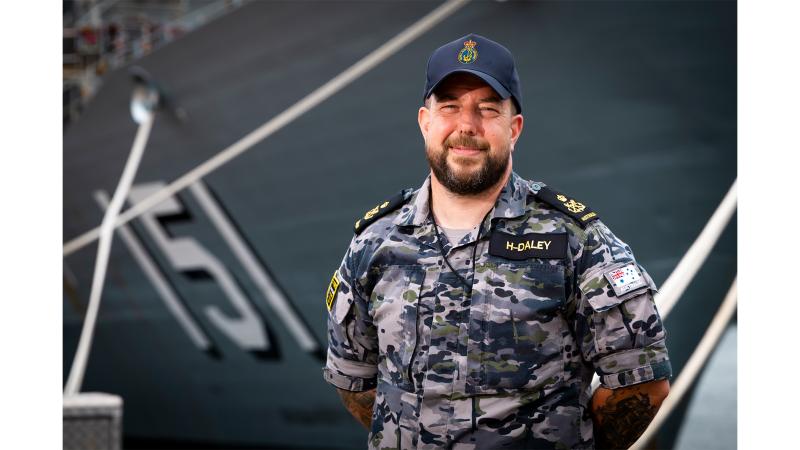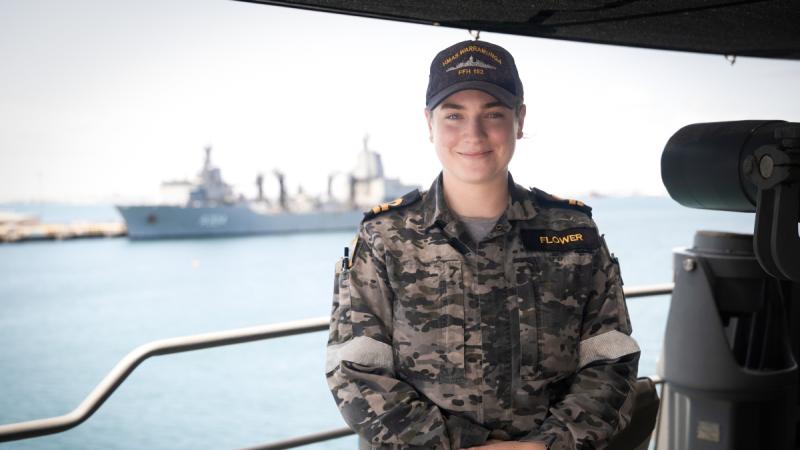24 May 2024
There are endurance races, and then there’s the Marathon des Sables across the Sahara Desert.
“They were putting people in bags and covering them with ice to save people’s lives. It was a wild and eye-opening experience,” said 1 Recruit Training Unit’s Sergeant Shard Malchow, who finished 72 out of 867 starters.
Sergeant Malchow was the first Australian to cross the finish line in Morocco.
From start to finish, runners must carry everything they need for the six-stage ultra-marathon, held April 12-22.
Each stage is a different length, peaking at 85km for the long stage and covering 250km in total.
At the end of each stage, runners were given basic shelter to sleep on the desert floor and a meagre ration of water – everything else they are required to take on their back from start to finish.
Competitors must start with a minimum of 14,000 calories for the seven-day event and juggle the weight of extra food against the nutritional benefits.
“For me, 2000 calories was nothing. I was running on fumes by the end,” Sergeant Malchow said.
Sergeant Malchow said the longest stage also happened to be the hottest day, with temperatures rising above 50 degrees Celsius.
“It was desert for as far as you could see – no shade, the conditions where unrelenting,” he said.
“I was rationing water to reach the aid stations; I’d never experienced anything like that.
“I guess they make everything as hard as possible to uphold their title of being the toughest race on Earth.”
What started as a Frenchman’s solo adventure in 1984 soon became an annual desert race attracting die-hard endurance athletes.
About 180 runners took part in the first ‘Marathon of the Sands’.
Nowadays, the race’s reputation brings people from all walks of life looking to push the boundaries of physical endurance.
When Sergeant Malchow arrived at the Moroccan camp, he mingled with the rest of the Australian contingent, which included another aviator from 1 Recruit Training Unit, Corporal Zach Kay.
“These people had done some incredible things,” Sergeant Malchow said.
There was an Australian-based British emergency doctor who held the Guinness record for the fastest circumnavigation of the world on a tandem bike.
Not to mention another two, who once held the record for the quickest crossing of the Pacific in a rowboat.
“I was proud to represent the Australian flag on such a big international stage and raise over $3000 for the Black Dog Institute,” Sergeant Malchow said.


